Phil Foden Taught Bruno Fernandes a Lesson During Man City vs Man United That Went Unnoticed
The Manchester derby rarely lacks drama, but amid the high-profile goals, tactical battles, and managerial narratives, certain subtleties often escape mainstream attention. One such detail unfolded during Manchester City’s dominant victory over Manchester United, when Phil Foden delivered a performance that not only highlighted his own development but also inadvertently schooled United’s captain Bruno Fernandes in the fine margins of elite midfield play.
Though the cameras and commentators focused on Erling Haaland’s ruthless finishing and Kevin De Bruyne’s orchestration, the duel between Foden and Fernandes told its own story — one that carried implications about mentality, adaptability, and influence at the very highest level.
—
The Backdrop: Two Creative Pillars
Both Bruno Fernandes and Phil Foden entered the derby as talismanic figures. Fernandes, as Manchester United captain, has long been the creative heartbeat of his side, carrying responsibility for chance creation and leadership. Foden, meanwhile, has stepped into a starring role for City, growing from Guardiola’s “academy jewel” into a player capable of dictating matches against elite opposition.
On paper, both serve as their side’s creative engines. Yet on derby day, the contrast between them was stark — and it spoke volumes.
—
Foden’s Masterclass in Simplicity
What stood out most about Foden’s display was not flashy tricks or eye-catching dribbles, but his discipline. He pressed relentlessly, tracked back with intelligence, and timed his runs to perfection.
One passage of play early in the second half summed it up. United attempted to play out through Fernandes, who dropped deep to collect. Immediately, Foden snapped into position, cutting off the passing lane. Fernandes, forced into a rushed sideways ball, turned in frustration as City reclaimed possession seconds later.
It was a subtle moment, drowned out by the Etihad’s noise, but it was emblematic of Foden’s performance: calculated, disciplined, and brutally effective. He wasn’t just playing with the ball — he was playing without it, dictating where Fernandes could and couldn’t operate.
—
Fernandes’ Frustration
In stark contrast, Fernandes looked increasingly isolated. His attempts to press City’s defenders were often disjointed, with no structure behind him. Where Foden’s pressing movements were co-ordinated within City’s system, Fernandes’ felt reactive, leaving spaces that City ruthlessly exploited.
The Portuguese midfielder is often accused of trying to force the spectacular, and in this derby, those criticisms resurfaced. Twice in the opening half, Fernandes attempted ambitious cross-field passes that sailed out of play. Meanwhile, Foden kept things simple — one-touch combinations, quick layoffs, and progressive runs.
The lesson here was clear: while Fernandes chased heroics, Foden understood the value of rhythm and patience. In a Guardiola team, control trumps chaos, and Foden embodied that principle.
—
The Decisive Moments
Perhaps the clearest “lesson” came in the build-up to City’s second goal. With United attempting to build momentum, Fernandes dropped into midfield, gesturing frantically for teammates to move. But as he searched for options, Foden ghosted into a pocket of space, received the ball from Rodri, and drove forward. In the blink of an eye, City had sliced through United’s lines, leaving Fernandes stranded. Seconds later, the ball was in the back of the net.
It wasn’t just about technical execution; it was about understanding the tempo of the game. Foden instinctively knew when to accelerate play and when to recycle possession. Fernandes, by contrast, looked like a man forcing the issue, trying to manufacture control rather than letting the game flow through him.
—
A Tale of Two Leaders
Another dimension that went unnoticed was body language. Foden’s confidence radiated throughout the contest. Every time he received the ball, he looked forward, shoulders open, encouraging teammates. Even when dispossessed, he immediately recovered, pressing with intent.
Fernandes, however, cut a more frustrated figure. Cameras caught him throwing his arms up at teammates after misplaced passes, shaking his head at officials, and remonstrating with defenders after conceding goals. While passion is part of his identity, in this context it came across as irritation rather than inspiration.
The lesson, then, extended beyond technical skills — it was about leadership by example. Foden led through clarity, control, and composure; Fernandes, through visible emotion. In a derby dominated by City, one style clearly proved more effective.
—
Guardiola’s Influence vs. United’s Lack of Structure
It would be unfair to judge Fernandes purely in isolation. He operates in a Manchester United side still searching for identity under Rubén Amorim, while Foden flourishes within a Guardiola system honed over years. Still, the contrast between them underscored how structure elevates individuals.
Foden’s intelligence is sharpened by clear tactical frameworks. He knows when to press, when to tuck in, when to drift wide. Fernandes, meanwhile, is often left to improvise, carrying a burden that forces him into risky decisions.
Yet even within those contexts, Foden’s composure underlined a truth Fernandes could learn from: sometimes less is more. A steady hand can influence a game as much as a spectacular moment.
—
The Derby as a Microcosm
When the dust settled, pundits praised Haaland, De Bruyne, and Guardiola’s tactical mastery. But rewind the tape, and you see a subplot: Phil Foden quietly outshining Bruno Fernandes in their creative roles.
Statistically, Foden completed more passes, won more duels, and covered more ground. But numbers tell only part of the story. The real lesson was psychological and tactical: the value of discipline over desperation, patience over panic, and teamwork over individual heroics.
—
What This Means Going Forward
For Manchester City, Foden’s continued growth is a sign of sustainability. As De Bruyne enters the twilight of his career, Foden looks increasingly ready to carry the creative mantle. Performances like this derby show that he can not only dazzle with skill but also control games with maturity.
For Manchester United, Fernandes’ struggles are a reminder of the club’s broader issues. He remains their most influential attacker on his day, but without a system that maximises his strengths, he often reverts to frustration and forced play. Watching Foden excel in the same game highlighted what Fernandes — and United as a whole — must strive for: cohesion, clarity, and composure.
—
Conclusion
Not every lesson in football is taught through goals, assists, or viral highlights. Sometimes, it lies in the quieter details — the body language, the pressing triggers, the subtle decisions that shift momentum. In this Manchester derby, Phil Foden taught Bruno Fernandes such a lesson.
It was a lesson in discipline: knowing when to press and when to hold.
A lesson in simplicity: valuing possession over risky heroics.
A lesson in leadership: radiating calm instead of frustration.
And perhaps most importantly, it was a lesson in the difference between a player flourishing within a coherent system and one struggling to impose himself in its absence.
As City celebrated yet another derby victory, those nuances went largely unnoticed by the wider world. But for those who looked closer, Foden’s quiet schooling of Fernandes may have been the most telling story of all.
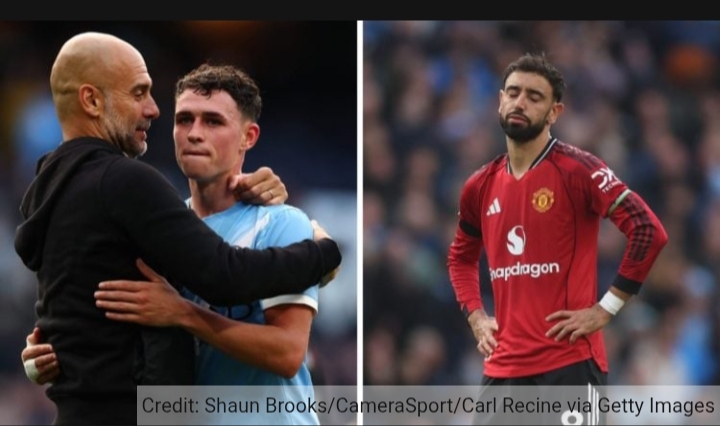
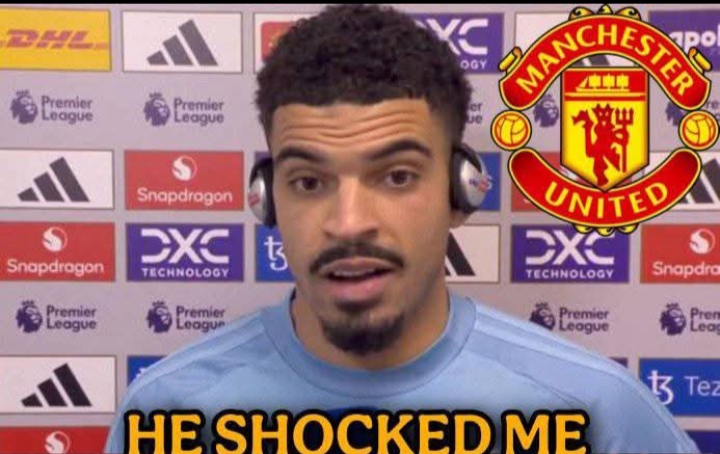
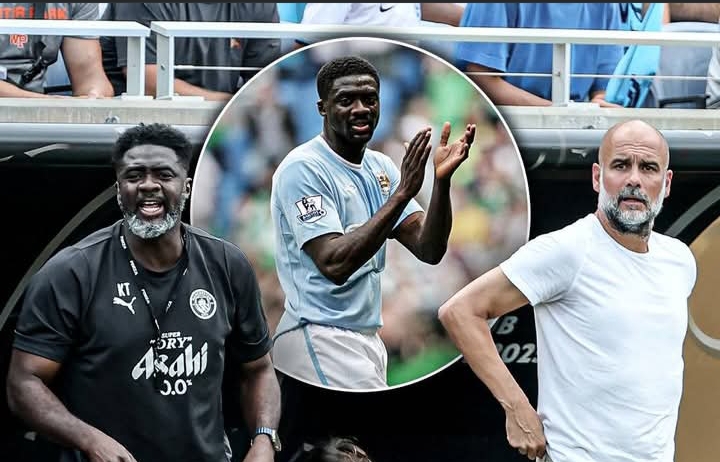


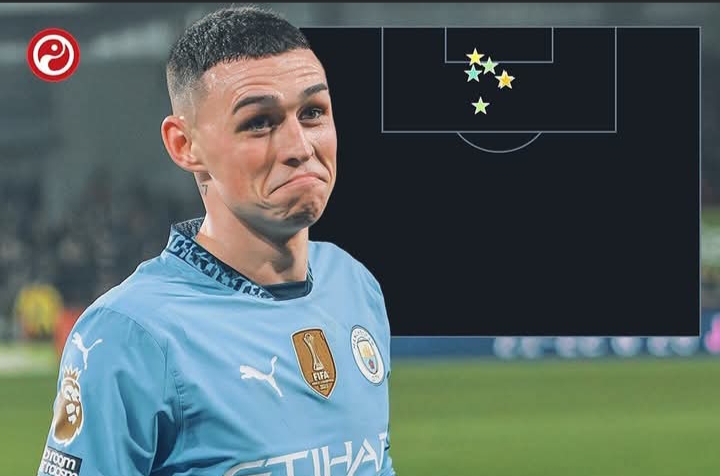
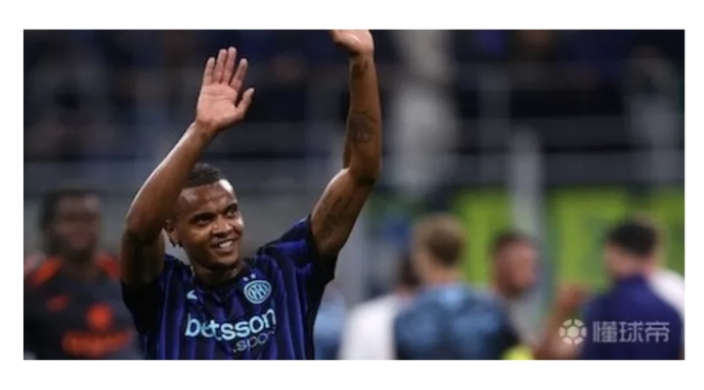
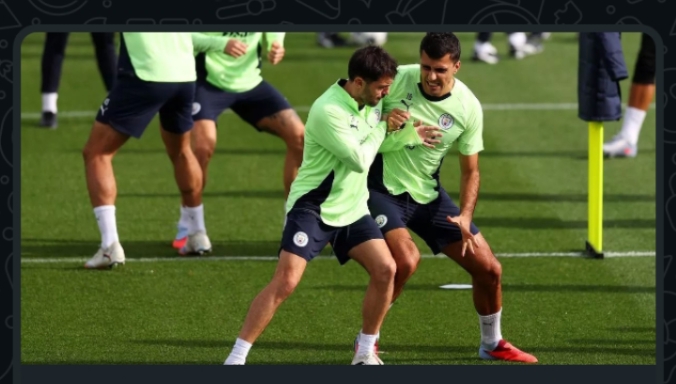
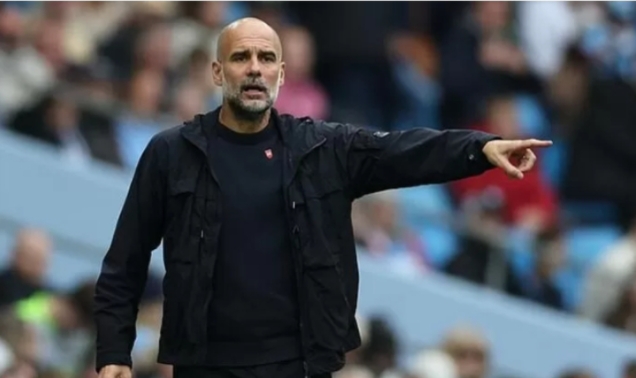
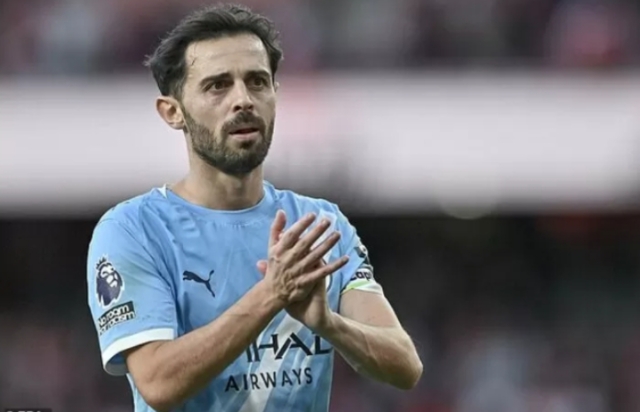





Leave a Reply